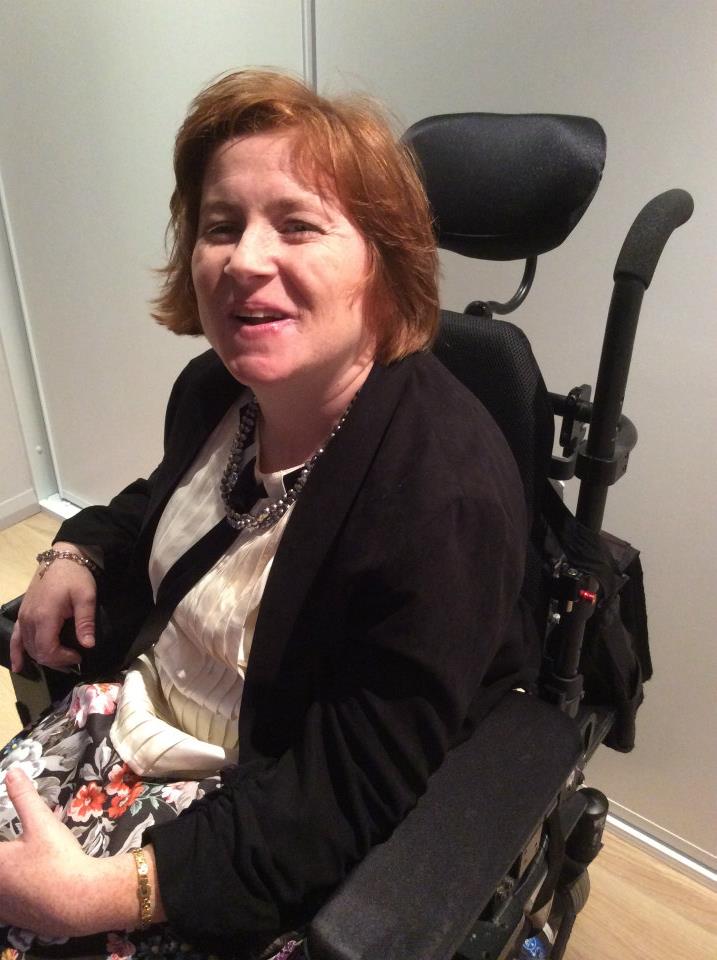
Given v Australia (CRPD, 2018)
Violations: CRPD art 4(1), CRPD art 5(2), CRPD art 9(1), CRPD art 9(2), CRPD art 29(a)
 Unremedied
Unremedied
The UN says:
CRPD (2018)Australia is under an obligation to:
• Provide [Ms Given] with an effective remedy, including compensation for any legal costs incurred in filing the present communication;
• Take adequate measures to ensure that the author has access to voting procedures and facilities that will enable her to vote by secret ballot without having to reveal her voting intention to any other person in all future elections and referendums in the State party;
• Publish the present Views and circulate them widely in accessible formats so that they are available to all sectors of the population.
• Consider amending the Electoral Act in order to ensure that electronic voting options are available and accessible to all people with disabilities who so require, whatever the types of impairment;
• Uphold, and guarantee in practice, the right to vote for persons with disabilities, on an equal basis with others, as required by article 29 of the Convention, by ensuring that voting procedures, facilities and materials are appropriate, accessible and easy to understand and use, and protect the right of persons with disabilities to vote by secret ballot through the use of assistive technologies;
• Consider amending the Electoral Act in order to ensure that, in cases where assistance by another person may be necessary to enable a voter to cast his or her vote, the person providing such assistance is under an obligation to maintain the confidentiality of that vote.

Academic & author Fiona Given
Fiona Given is a Sydney woman with cerebral palsy. She uses a wheelchair, computers and communicates by means of a synthetic speech generator.
Voting is compulsory in all Australian elections and votes are generally cast in private booths with paper ballot and pencil. Australia pioneered the secret ballot, which is now enshrined in article 29 of the Convention on the Rights of Persons with Disabilities.
In federal elections, Australia provides electronic voting only to people with impaired vision. In New South Wales state elections, this form of voting has been available to other people who need it since 2011, and Ms Given has used electronic voting to cast a secret ballot in state elections.
In Australia’s 2013 federal election, Ms Given attended a polling station, accompanied by her carer, and requested the assistance of the booth’s presiding officer who, under the Electoral Act, has a duty to assist persons with disability to vote, if requested. The presiding officer told Ms Given she was ‘too busy’ and told her to get her carer to complete the ballot for her. Ms Given “attempted to respond, through her electronic communication device, that she did not wish to disclose her voting intention to her attendant, as the attendant is a person with whom [Ms Given] is required to have a close, continuing relationship. The presiding officer insisted [Ms Given] obtain the aid of her attendant to vote, which she eventually unwillingly did” (para. 2.4).
While Commonwealth electoral law provides for assisted voting, it does not require the person assisting to vote in accordance with the voter’s direction, nor to keep their vote secret.
Ms Given claims she was denied her right to a secret ballot and the right to fully participate in political and public life on an equal basis with others.
Responding to her communication, Australia questioned Ms Given’s ‘version of events’ on polling day, and claimed her complaint could not be remedied, because polling had closed. It proposed an alternate definition of a secret ballot as one that “is protected from disclosure to the relevant state authorities or those holding political power” (para. 4.10) and cited cost as an obstacle to making voting accessible (para. 6.2).
The Committee found that Australia had failed to provide Ms Given with access to an electronic voting platform that was already available to other voters, on the basis of her disability. It found violations of her rights under article 29(a)(i) and (ii), read alone and in conjunction with articles 4(1)(a), (b), (d), (e) and (g), 5(2), and 9(1) and 9(2)(g).
In February 2019, the Australian government responded to the Committee’s findings. Australia had come to accept and ‘deeply regret’ how Ms Given was treated on election day 2013, but maintained that “considerations of cost, availability and efficiency” made providing electronic voting for everyone who needs it an undue burden (para. 19). It defended its definition of a secret ballot by citing the UN Human Rights Committee’s General Comment No. 25 on voting rights. And said it was too close to the next election to change the electoral laws (para. 9). Instead, it cited training for polling staff and improved complaints procedures as measures it was taking to “improve the franchise of people with disability generally” (para. 12).
Read the full decision: Given v Australia (February 2018)
Read Australia's response to the Committee's final views (February 2019, PDF 46Kb).